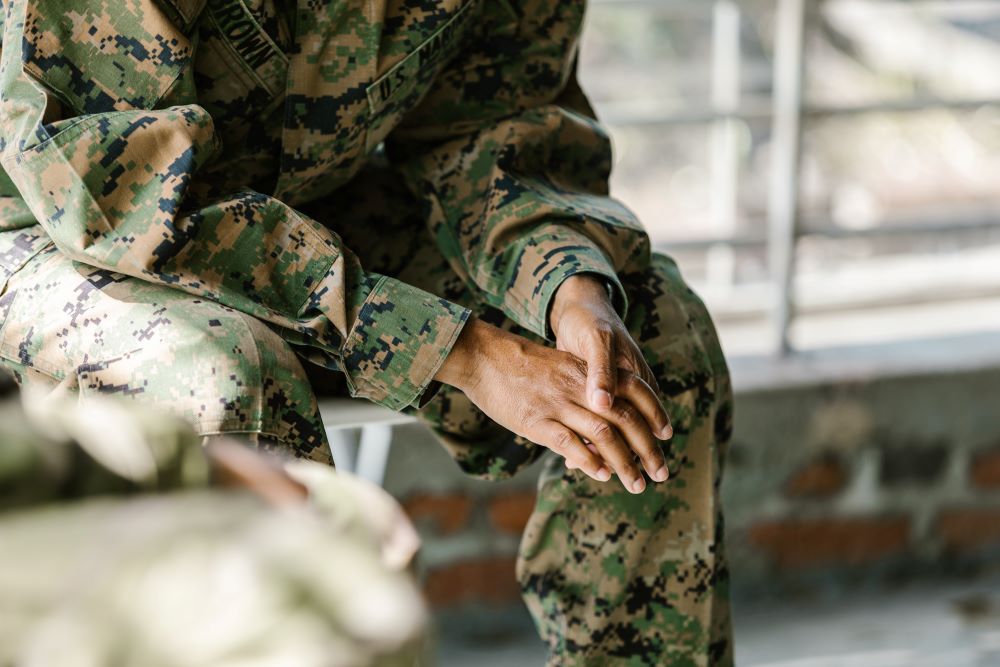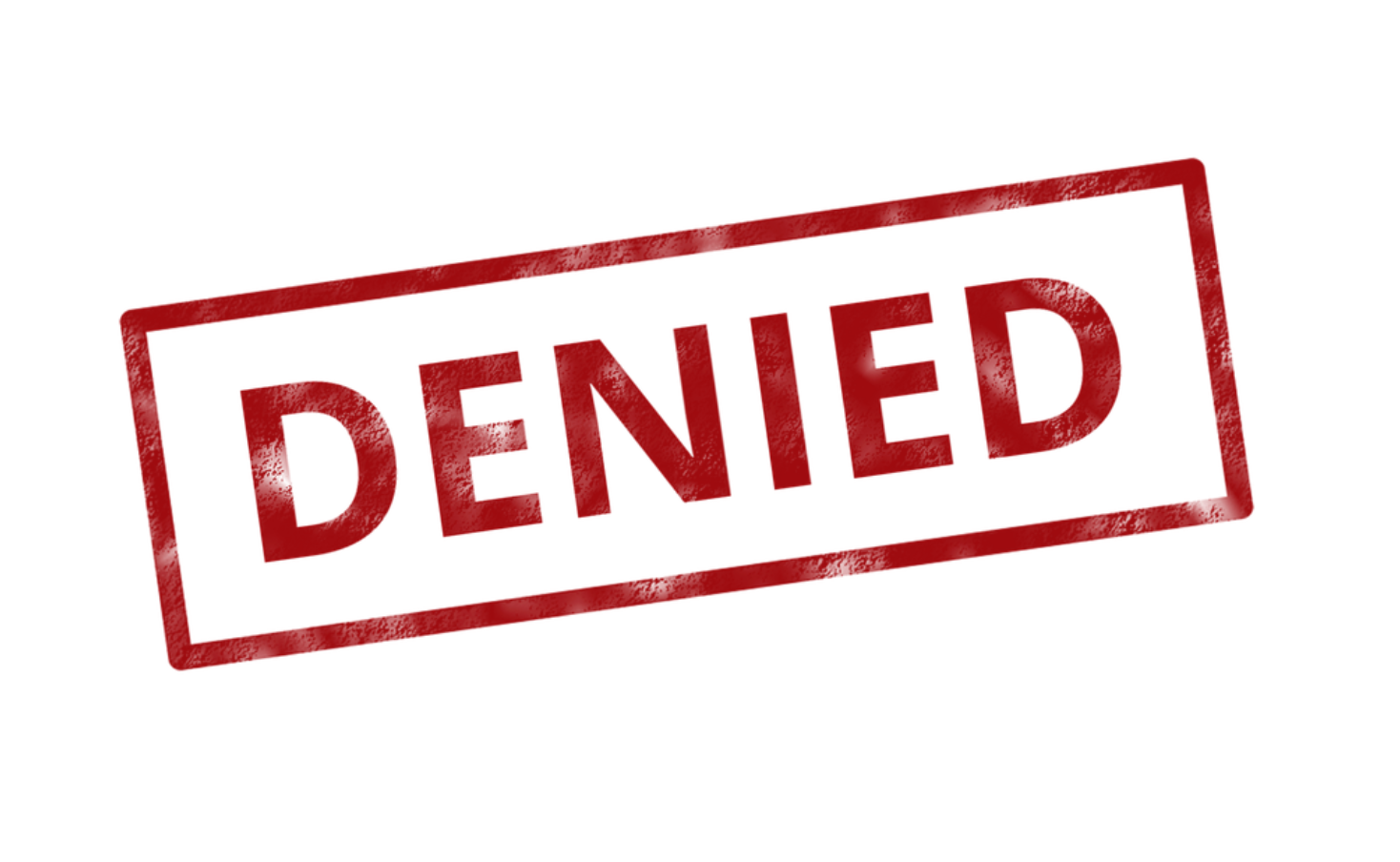Understanding the reasons behind VA disability claim denials and the reasons why a veteran should appeal a VA claim decision is crucial for veterans.
Navigating the Veterans Affairs (VA) disability claims process can be quite challenging.
For those among us who may be struggling with this complex system, understanding the common reasons for claim denials is essential.
In this article, we will explore these key aspects, providing you with valuable insights to better approach your VA disability claims. Your pursuit of the benefits you rightfully deserve is of utmost importance, and we are here to assist you in this journey.
Common Reasons for Claim Denials
Lack of Sufficient Medical Evidence
One of the challenges veterans face after coming home is their difficulty in getting approved for disability benefits. One of the main reasons for the denial of VA disability claims is the lack of sufficient medical evidence. This primarily involves two aspects: incomplete medical records and insufficient diagnostic evidence.
Claims often fall short in providing comprehensive medical records that establish a clear link between the disability and military service. This connection is vital for the claim’s success.
Furthermore, if the provided medical evidence does not clearly diagnose a condition, the claim may be at risk of denial. This requires veterans to ensure that their medical documentation is thorough, clear and explicitly demonstrates the nature and extent of their disabilities.
Service Connection Not Established
Another critical factor leading to claim denials is the failure to establish a service connection. This covers two scenarios: direct service connection and secondary service connection.
In the case of direct service connection, veterans often face challenges in proving that their disability is directly related to their military service. This requires not just medical evidence but also service records and other documentation that can conclusively link the disability to an event, injury, or exposure during military service.
The secondary service connection pertains to disabilities that are a result of a condition already determined to be service-connected. Veterans need to provide evidence that clearly shows how their primary service-connected disability has caused or exacerbated another condition.
Non-Service-Related Injuries
Claims related to conditions that are clearly unrelated to military service are typically denied. The VA’s mandate is to provide compensation for disabilities that are connected to a veteran’s service.
When a condition is deemed to have occurred outside of or independent of military service, it falls outside the scope of VA disability benefits. This highlights the importance of establishing a direct or indirect link between the military service and the disability claimed.
Filing Errors and Missed Deadlines
Administrative errors like incorrectly filled forms or missed deadlines are also common reasons for the denial of claims.
The VA disability claims process is very strict with its requirements and deadlines, and simple errors in filling out forms or failing to submit the necessary documentation within the specified time frames can lead to automatic denials.
This highlights the importance of being extra careful and following the exact procedures when filing a claim. Veterans are encouraged to thoroughly review all submission guidelines and, if needed, seek assistance to ensure all paperwork is complete and submitted on time.
Why You Should Appeal a VA Claim Decision
Understanding the significance of your rights and potential benefits is key, leading to the crucial question: Why should you appeal a VA claim decision?
Appealing a VA claim decision is an important right for veterans, and understanding why to pursue this option is as important as knowing how to navigate the initial claims process. There are several compelling reasons to consider an appeal after a claim denial:
Opportunity for Reassessment and Correction
A denial is not always the final word on a claim. The appeals process allows for a thorough reassessment of the claim, providing an opportunity to correct errors or misunderstandings that led to the initial denial. Veterans can submit additional evidence, clarify information, and address specific issues cited in the denial.
Evolving Medical Understanding and Legislation

Over time, medical understanding and legislation affecting VA benefits can change. Conditions that were once difficult to link to service may become recognized as service-connected due to new medical research or changes in VA policy. An appeal can take these developments into account, potentially changing the outcome of the claim.
Significant Impact on Quality of Life and Financial Security
VA disability benefits can significantly impact a veteran’s quality of life and financial security. These benefits are not just monthly compensations but also include healthcare, vocational rehabilitation, and other crucial support. Appealing a decision can be a vital step in accessing these important benefits.
Legal Representation and Support
During the appeals process, veterans have the option to seek legal representation or assistance from VA-accredited agents. This support can be invaluable in navigating the complexities of VA regulations and in effectively presenting a claim.
High Success Rates in Appeals
Statistics have shown that a substantial number of appealed claims are eventually granted, either in full or in part. This indicates that the appeals process can be a successful avenue for many veterans who initially face claim denials.
Setting a Precedent for Future Claims
Successfully appealing a claim can not only benefit the individual veteran but also set a precedent that may benefit other veterans in the future. It can contribute to the broader understanding of certain conditions and their service connections, thereby aiding in the advocacy for veterans’ rights and benefits.
Conclusion
Understanding the reasons behind VA disability claim denials and the reasons why a veteran should appeal a VA claim decision is crucial for veterans. This knowledge not only aids in preparing a more comprehensive initial claim but also in effectively navigating the appeals process if needed.
By being aware of the common obstacles and staying informed about their rights and options, veterans can better advocate for the benefits they deserve.


Join the conversation!